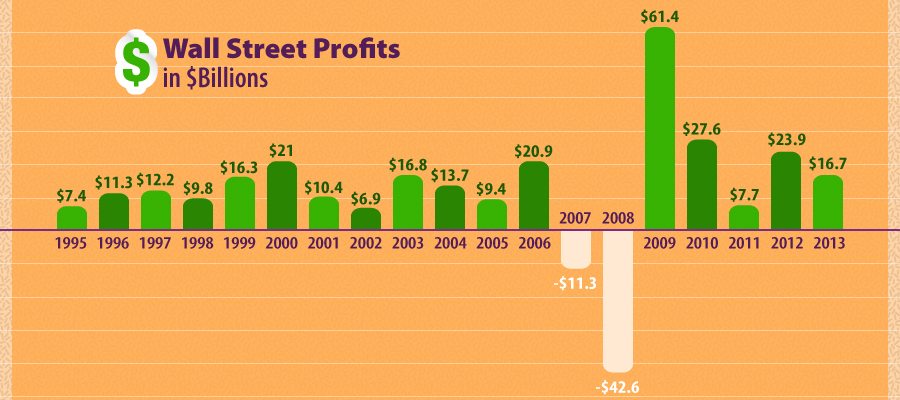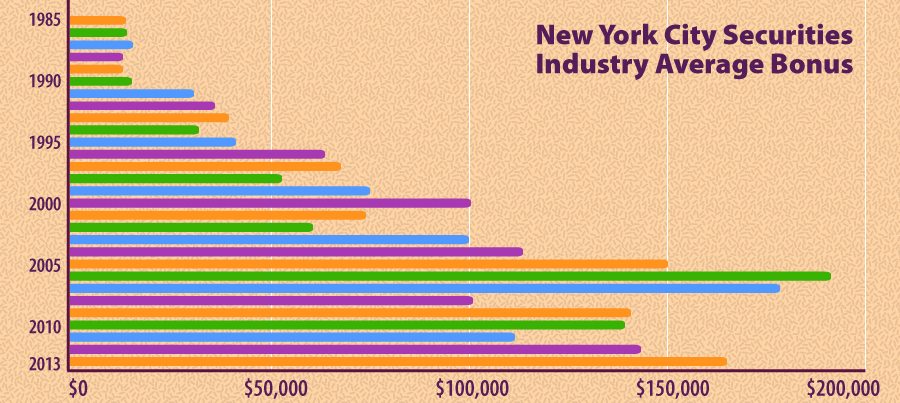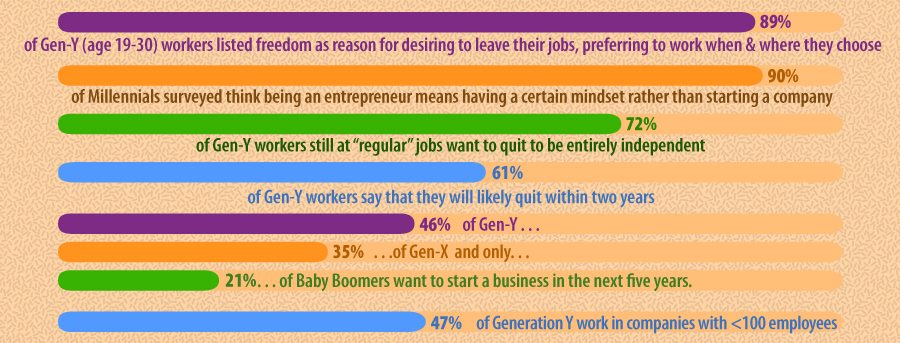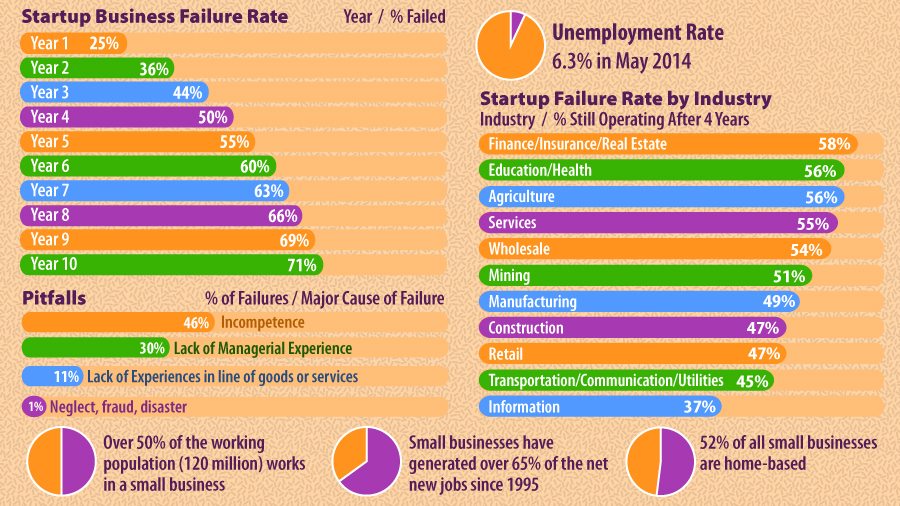Wall Street: Its very name evokes images of wealth and greed, of men in crystalline towers who deal daily with more money than most of us will see in our entire lives. For years, inspired by movies like "Wall Street" and "The Wolf of Wall Street," and second hand success stories of friends of friends who ‘made it big', enterprising young students have flocked to Wall Street as though to a capitalist Mecca where money would rain from the heavens and all of their dreams would be made manifest.

For many years working on Wall Street, with its billion dollars in profits, has been seen as a dream job. Here's why: the average United States worker's salary is $34,645; the typical Wall Street employee earns more than 10 times that. Add bonuses, and you can see why working the Street is so attractive. The average pay of Wall Street employees, including salary and bonuses, was $360,700 in 2012, average bonuses, $164,530 in 2013. Meanwhile, in 2013, 165,200 workers in the securities industry on Wall Street made an estimated $26.7 billion, and that equates to 523,354 times the median U.S. household income of $51,017.
[Tweet "The average United States worker's salary is $34,645; the typical Wall Street employee earns more than 10 times that."]

So, why now are these same students, the elite future financiers of the world, forgoing the traditional route, and instead joining startups or creating businesses of their own?
The Rise of Tech
Since the financial crisis of 2007-2008, there has been a steady trend in regards to the employment of business-school graduates. Every year fewer graduates are going into finance, while more are heading into the field of technology. At Harvard Business School, 27% of graduates took jobs in finance in 2013, down from 35% in 2012. At the same time, 18% of Harvard Business School graduates found employment in the Tech industry, up from 12% in 2012.
This trend continues across the board: The Yale School of Management saw 16.8% of their job seeking graduates land positions in the tech sector, double the percentage from 2012 (8.9%). At the Stanford Graduate School of Business, 32% accepted tech jobs and only 26% headed into finance, the first time that tech has overtaken finance. In 2012, 13% went into tech and 36% into finance.
Millennials and Startups
The numbers of disaffected Millennials (age 19-30) are pretty eye-opening: 89 percent of Millennials workers surveyed listed "freedom" as their reason for desiring to leave their jobs, preferring to work when and where they choose; 90 percent of those surveyed think being an entrepreneur means having a certain mindset rather than starting a company.

Do Millennials like their work? Well, 72 percent still at "regular" jobs want to quit to be entirely independent and 61 percent say that they will likely quit within two years. Forty six percent of Millennials want to start a business in the next five years, while 35 percent of Gen-Xers and only 21 percent of baby boomers do.

A 2013 report, which surveyed 3,193 Gen-Y professionals, showed an increasing frequency of young workers wanting to leave the standard 9-5 job and instead pursue their own business goals as entrepreneurs. Joanne G. Sujansky, Ph.D, an employment expert founder of the Pittsburgh-based consulting firm the KEY Group, said that one implication of that is they are far harder to nudge into cubicles and onto career ladders than their Baby Boomer and Generation X predecessors." Given the choice — and many of them are given the choice — they would rather work for themselves.
Risks and Rewards
Despite the growing number of graduates abandoning finance for the opportunities presented by tech startups, they should still consider weighing the risks against the rewards, both of which can be substantial.

While there is always the possibility of building a successful company from the ground up there is also a chance young entrepreneurs could be wasting years on a company that will never get off the ground. The most successful have been those who were creative in finding a niche that separates them from potential competition and were able to find partners or mentors with more experience.
Sources:
http://www.statisticbrain.com/startup-failure-by-industry/
https://www.gsb.stanford.edu/sites/default/files/documents/Stanford%20GSB%20Employment%20Report%202011-12%2C%20Final.pdf
http://www.hbs.edu/recruiting/mba/data-and-statistics/employment-statistics.html
http://billmoyers.com/2014/03/12/wall-streets-2013-bonuses-were-more-than-all-workers-earned-making-the-federal-minimum/
http://keygroupconsulting.com/geny.php
http://money.cnn.com/galleries/2012/smallbusiness/1206/gallery.gen-y-entrepreneurs.fortune/index.html
http://ryan-jenkins.com/2013/09/16/22-shocking-stats-about-millennials-to-help-you-chart-tomorrows-change/
http://online.wsj.com/news/articles/SB10001424052702303661404579180152676790032
http://www.institutionalinvestor.com/blogarticle/3286315/Blog/Trading-Bonuses-for-Bytes-The-Wall-Street-Brain-Drain.html?ArticleID=3286315&p=1#.U2CTefldX3M
http://www.osc.state.ny.us/press/releases/mar14/031214.htm
http://www.forbes.com/sites/natalierobehmed/2013/08/13/why-recent-grads-are-swarming-startups/
http://www.forbes.com/sites/jasonnazar/2013/09/09/16-surprising-statistics-about-small-businesses/